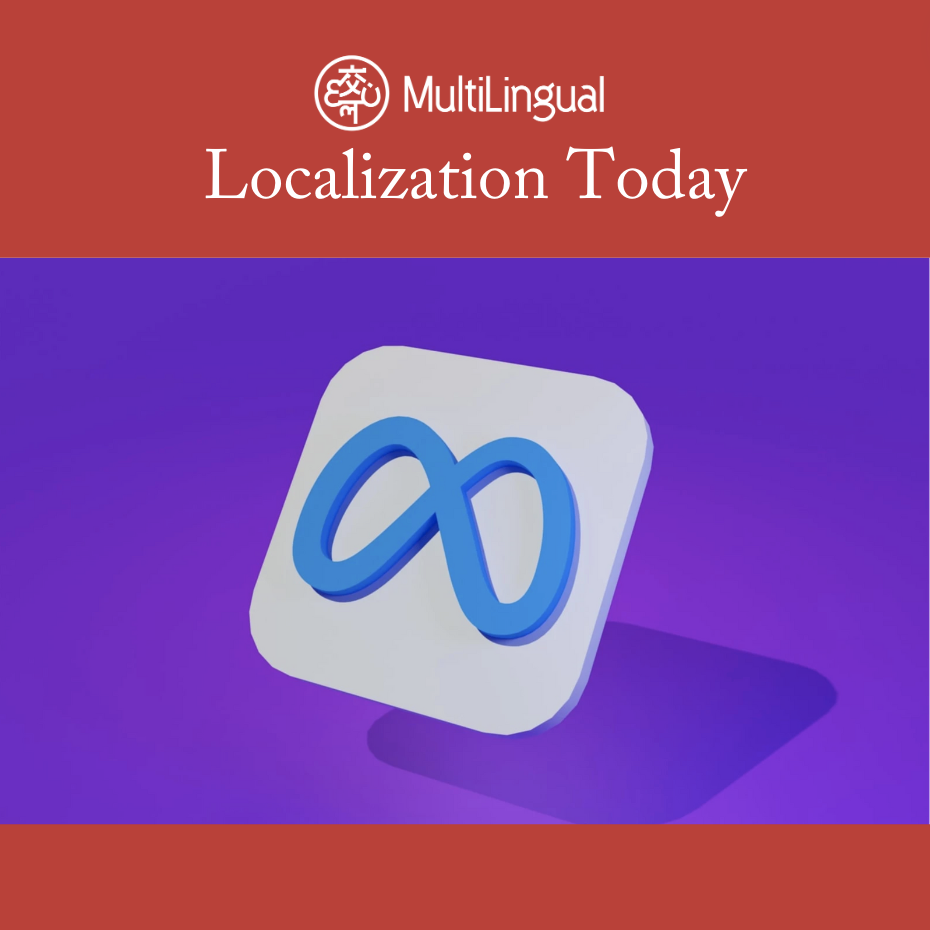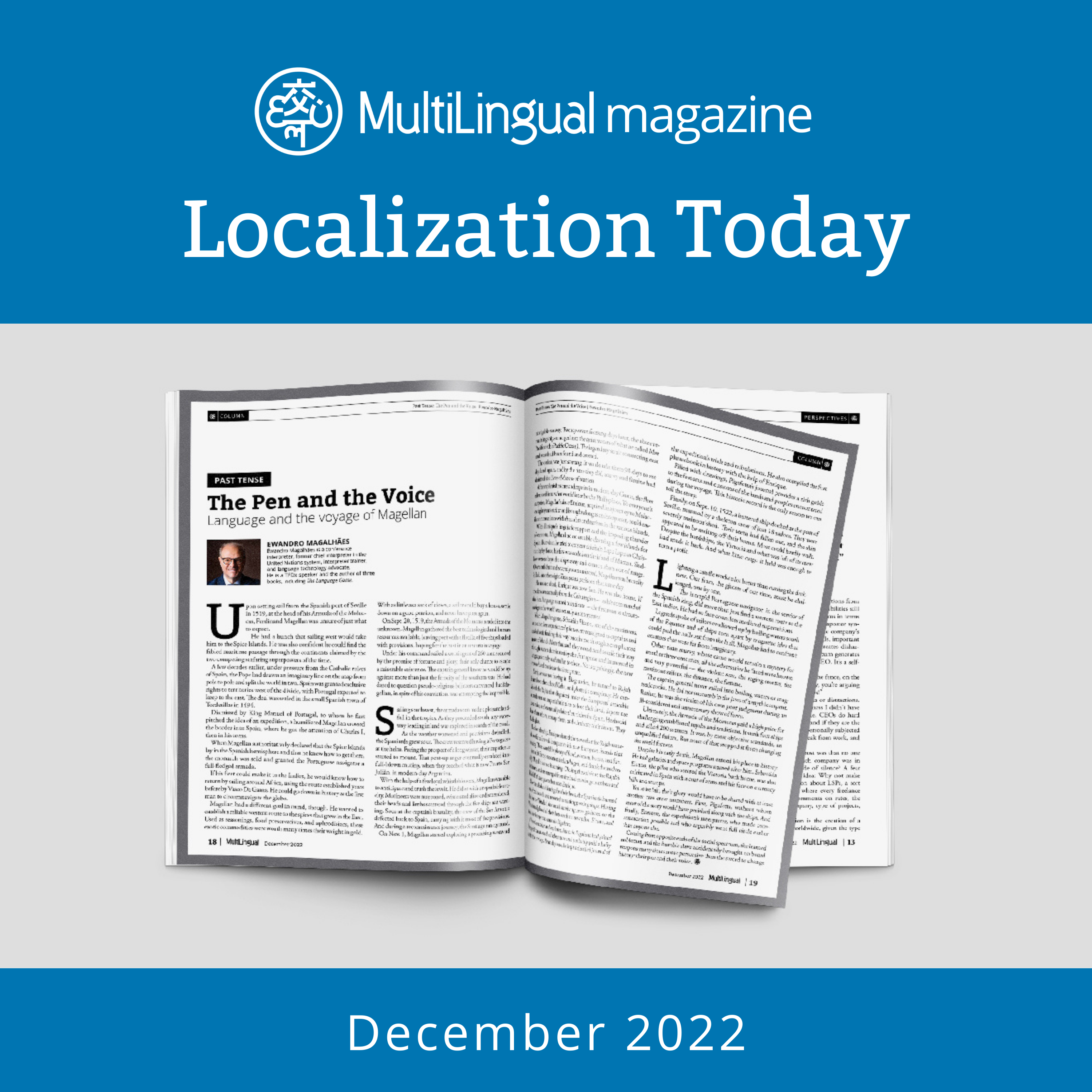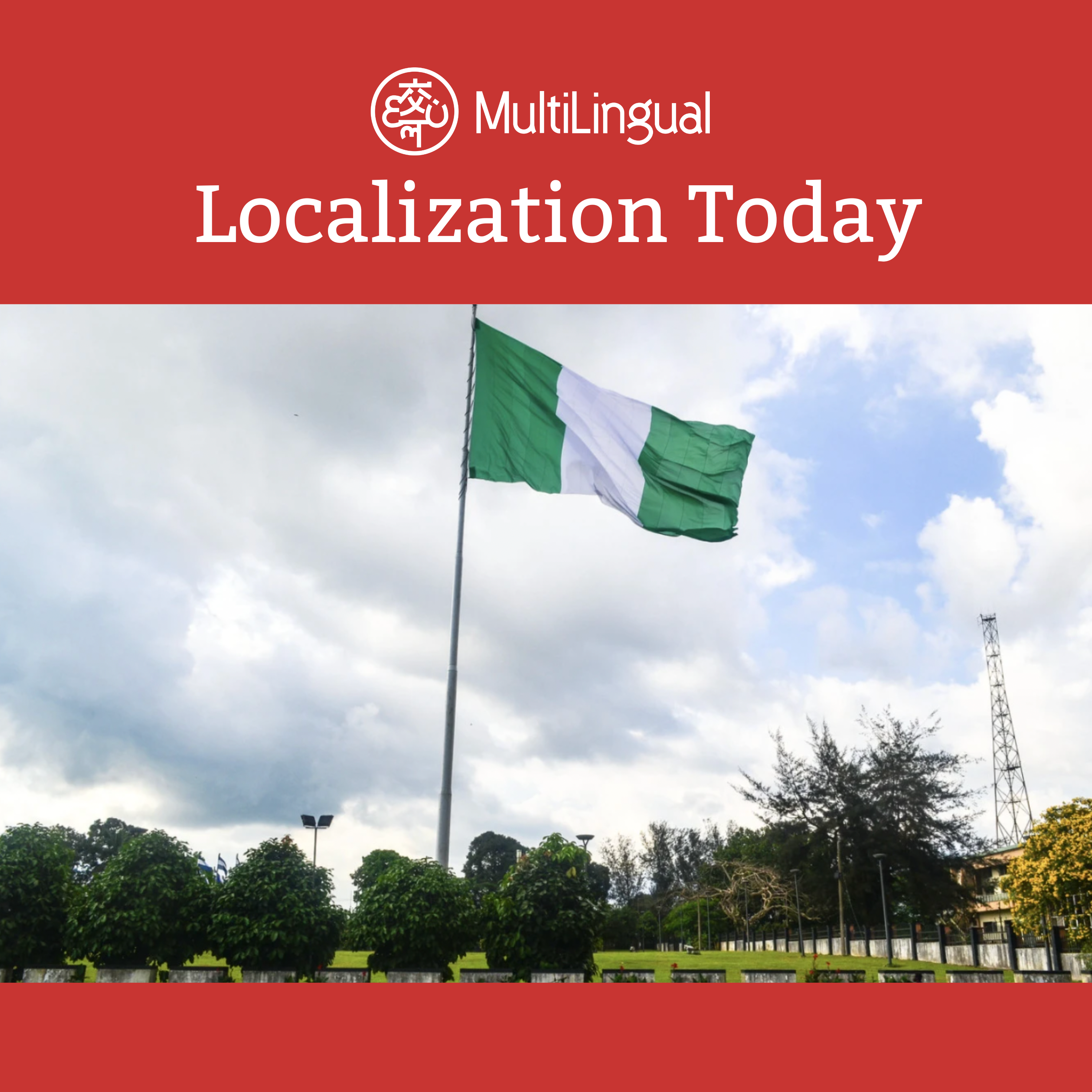Episode Transcript
[00:00:00] Speaker A: The following is our conversation with Gabrielle Furman, CEO of Burrowworks. We talk about their approach to innovation at Burroworks, as well as their participation in the product innovation challenge at Logworld 51. Enjoy.
[00:00:15] Speaker B: That's a good question. My background is actually pretty weird.
I studied philosophy and psychology and linguistics, and particularly the philosophy of language in college. My degree was actually called the death and rebirth of human agency. It was about how the awareness of linguistic structures allows people to feel more or less in control over their own actions. So it was actually pretty cool. I actually had a concentration in interpretation theory, so I was really focused around language and the production of meaning. I never thought I was going to use that again because I got tired of academic studies, went into the business world, got fired very quickly, became a translator because I grew up speaking Portuguese, English, and Spanish. Then I learned a little bit of French, Chinese, and Italian. So I loved languages. I began translating, and that went well.
I built up a translation agency. I pivoted that into a tech enabled business and then began building software in 2015.
And since 2023, we're a fully software company. And yeah, that's my journey. You know, it's interesting, the process, innovation challenge, in my opinion, is a great stage and a great way to showcase innovation. I think the challenge is that even though I knew the context existed, I don't think we had truly been able to embrace innovation as a company wide thing until 2023. And I think the reason is, you know, innovation, I mean, in my opinion, above and foremost, is a matter of mindset and a matter of people. And I think it doesn't happen if you just have, let's say, sure, you could innovate if you just have a few engineers doing R and D in the lab, but I think the real innovation happens when you have a lot of people who are all focused on solving the same kinds of problems. Because I think that when you have that kind of mobilization towards accomplishing something, people start thinking. When people really want something, when people really want to solve something, people really start thinking about different ways about going about that. So I think for us, the first step was building a company that promoted that kind of culture, that promoted that kind of thinking, that promoted people who were so invested in what they were doing, so relentless, and not accepting anything than a good solution. That's, in my opinion, what creates innovation.
And it's funny, because the first time that we participated, I didn't even know, actually. It wasn't the first time we had done it. I think 2019, someone else in our company had done it. But it was interesting because back then, I don't think we were like a truly innovative company. We were doing innovative things, but I don't think we were doing, we were innovative company. So in 2023, for instance, I think I learned about the contest maybe a few weeks before, or actually a few days before the, the deadline for submitting the proposal. So I submitted the proposal. I had no idea what the pick was. I just went there and said, I'm just going to show my stuff. So I wasn't even doing slides. I was just showing our tech and talking about it like I normally do in demos. I wasn't thinking about the story. I wasn't thinking about the process. I didn't know the framework very much.
And I was actually surprised to see, you know, when I was in that stage, I was able to see that's actually what part it's like looking at yourself in a mirror. It was kind of like saying, oh, we are doing crazily innovative things. When I was thinking from this lens, because I don't even think of myself or as our company, as an innovative company. I don't think about the title. I think about doing things that matter and solving problems that we consider worthy of our attention. Right. So for me, it was kind of like an aha moment. Oh, okay. So we are solving these really cool things.
And, you know, when I looked at how people were presenting, I was like, oh, okay. These people have, in my opinion, a lot better storytelling than I do. They have, you know, they're doing a great job at, like, really presenting something that's relatable and presentable to the audience. But I just think, like, we had a lot of raw goodness and what we were showing. And I think that came across last time with this year, I think, same kind of idea. We began thinking about certain ideas about. That's where I think it's so interesting. We began thinking about ideas last year, about what we wanted to present this year. And it's interesting that none of those ideas went moved because we were thinking in the contest of the, in the Conte, in the context of the contest and all of that, like, all of that fell through. And eventually we were looking again at a problem that we really wanted to solve. And we figured out a very interesting way of solving that problem, which is through this smart dynamic feed. So last year, we presented the context sensitive translate, which is basically our own machine learning methodology that allows basically the transition editor to learn from the translator in runtime.
This year, we're presenting the smart dynamic feed, which is basically a way to use large language models to amalgamate information from multiple different sources, whether there's emails, talks, comments from translators, queries, projects that are running late, all of this trove of information and organize it from most important to least important from a business impact perspective and also allow users to access that relevant information with just a click. So for us that was something very powerful because we know how much the lives of project managers are hard. It's a very hard learning curve. Like it takes years to become a good project manager. Everything competes with everything. We're like, oh, if we know, if a project manager could know actually what is the most important thing at any given moment, that's really groundbreaking. So, you know, I think for us the key thing really is about solving problems. And I think if you really want to solve problems and if you don't run away from the hard problems, the problems, the knowing problems, the problems that you don't know answers for, that's where the innovation lies, in my opinion. I think what ends up happening is that most people, in my opinion, they end up shying away from those problems because they're definitely the risk reward ratio. And those problems isn't interesting, right? It's interesting when you have problems that you know that you're going to solve, that you know that you're going to get something out of, those are the problems that people focus on. And I think that's cool, that's important, but that isn't, doesn't typically promote innovation. Innovation, you need that element of I don't know if I can solve this, and then you need the surprise and then it's like, oh, I was able to solve this. Typically that leads to innovative thought. And I think the other thing for us is, you know, not being, not being tied to, we love our product, but we're not tied to it. So if we have to change our product completely, we will. So it's like we're tied. Our allegiance is to solving problems in the best possible way. All the rest, we're agnostic. So I think that gives us a lot of flexibility as far as frameworks of thought. We're not really thinking about monetization. We're not really thinking about extracting all of the shelf life of a product. We're thinking about doing things that we believe matter and building the best possible products. And I think what's cool is like the contest is just like a consequence. It's not something that we're actively looking for. Our company is very anarchic. So both Enrique, our chief technology officer, and myself, we're not very ordered, focused people. We like to get things done, and we have other people in the organization who balance this out, who are a lot more focused on process and organization and all of that. But Enrique and I, we're focused on thinking, and we're focused on having hard conversations as, for as much time as we have to. So we don't have, for instance, you know, typically meetings, at least in, obviously, there are teams that do that, but we don't have, like, when our teams meet, the people I talk to, we don't have agendas, we don't have time restrictions for the meetings. Some meetings last five minutes, some meetings last 5 hours.
You know, we're trying to solve things. Sometimes we'll meet every day in a week for five days. Sometimes we won't meet for two or three weeks. It's, you know, we try to, you know, we try when we feel something resonates with all of us, you know, we're like, okay, yeah, that is something that bothers us, that will trigger something. And it's interesting how every product meeting that we have, like, oh, we know we always have asks from our clients things that they want, and we always have things that we know we have to improve in our platform, and we have those things. That's all the day to day. For me, none of that is innovation. For me, the innovation lies into, so, like, when we get together, we start floating around topics about things that bother us, things that we hear, things that are common denominators, things that we believe are important. And I'm always looking for resonance. So I'm looking for things that I'm feeling that, like, catches the eye of the other person the year, like, they instantly get awakened by, because I think it's exactly what you said, Eddie, in the sense that if you're not looking for the problem that stirs people up, you're not going to get a cool solution. So I think for me, if I have any talents in this, I think it's about reading people and seeing what it is that they're interested in. Because if I'm floating things that they're not interested in solving, they're going to work, they're going to build something, but it's not going to be cool. So I think, you know, and it's interesting because there are often things that I'd love to solve, but I don't even go there because I know that it doesn't stir them up. And the other thing that I think is really beautiful is tying it all together into a greater concept. So, you know, for instance, I talk a lot about language with our developers in the philosophy of language and meaning, and they love that stuff because that makes their work become. It makes it acquire a whole different dimension. They're not just coding, they're reshaping in their vision. They're reshaping how we work with language. That's a much bigger, deeper, more important, and harder mission. So, you know, I think when people feel connected truly to, you know, purpose, as opposed to tasks and passion, as opposed to duty and.
And dreaming, as opposed to just living, I think that's what stirs up good and innovative thought. And in my opinion, my main role in the company is to make sure that that vibe stays. And it's very difficult to make that vibe happen. It's very easy to have that vibe go away because it requires a lot of trust. It requires a lot of, you know, it really requires a lot of excellence, because if you don't have excellence in the day to day, you can never open up that space for dreaming, because all you're doing is, like, solving the daily shit. You're not really thinking about, you know, how and how you can do more interesting things. Yeah. What keeps me up at night is, for instance, where we are as far as tech, right? We already create.
Yeah. We already. We already have amazing tech as far as a AI post editing environment.
But for us now, the question is, how do you pay people in a fair way using our tech? There's a lot of, like, debate, a lot of hate around this. There's a lot of resistance. A lot of, you know, when you're talking about changing people's paychecks, that's a hard conversation. And the methodologies that are out there, whether it's paying people by hour, whether it's paying people by edit distance, whether it's paying people by word count, by pre analysis, post analysis, they're not. Even though I believe in certain things, for instance, I love the post editing. I think that's the best methodology out there. It's still, when you get into the actual details of it, for instance, okay, we do post editing. Great. Okay. How much are you going to pay people for reading a sentence? Are you going to pay them 30% of their word rate? Are you going to pay them 50, 70% of their word rate? 80% of the. What's, what's that time worth compared to, you know, when they start editing? And how. How much do you pay them for edits? And so all of that structure, there's no real consensus on any of that. And I think, you know, I don't think people realize the level of, the level of disruption that we're about to face. And I don't think translators appreciate the fact that they're not up against other translators this time. They're not up against other translators who use machine translation. They're up against companies who want to completely get rid of translation at all. Like as a whole. Like, it's no longer necessary. That's what, that's what a lot of the AI companies are going for. It's like, it's simply no longer a human thing. It's a pure language, large language model thing. So in my opinion, for translators to still be relevant, we're going to have to figure out a way so that they still have really good income or even better than today. Today. But they're going to be held accountable for a lot greater productivity, a lot greater quality, things that make sense from an economic perspective. And that shift is a very challenging shift. I think I have honestly, like a lot more questions than I have answers, but that's what keeps me up at night. Like, even as it is right now, you can produce two to three times the amount of content that you could probably previously doing the same amount of time. And I still believe that, like, language is a human thing. You're going to need human drivers, the human drivers, or people in control. They're going to need cars. Cars are the software that they're driving. Right? So the software is, in my opinion, going to become very, even much more important than it is today as far as governing and controlling this relationship with language. But I think that humans will have this responsibility, yes, like you said, for culturalization, but most importantly for making key architectural decisions around language and versioning and purposing and understanding, bringing it all together. Like, okay, what's this brand? What's the purpose? You know, knowing how to add maybe silly things here and there, like things that are, like, not necessarily as trivial for a large language model to do. But again, I think that the key thing is that for that to happen, you have to have, like, for me, culturalization is the next level of translation. Like, if you're spending your bandwidth fixing a fuzzy match, you're not culturalizing. If that's done for you, then that opens up culturalization. So I think this whole notion is, you know, if you get rid of the dirty work, you get into more specialized and more value added work. The challenge is that from an economic perspective, getting rid from the dirty work also means getting rid of actual work. So it creates just a kind of chicken and the egg problem that I don't know exactly how it's going to play out. I just hope it plays out in a really positive way for everybody. If anything, I want to make sure that we're all having fun.
I want to make sure that we're all being very considerate. I want to make sure that we're all thinking about things about from multiple different angles and perspectives.
And that's it. I think every. Everything else is going to come from that. No. Eddie, thank you so much for taking the time. Really a pleasure being here with you. And, yeah, I want to thank multilingual for all the work that you guys do in our space. It's super important to carry that message across, and I think you guys really promote the importance and the value of communication across cultures.
[00:17:58] Speaker A: And that was our conversation with Gabriel Fuhrman, CEO of Buroworks. My name is Eddie Arieta, CEO of multilingual magazine. This is localization today. Thanks for listening.


